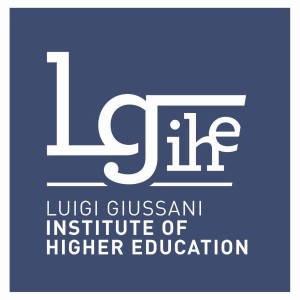CIES 2016: Teacher as Continual Learner – Case Study from Uganda
It is becoming increasingly recognized that education achievement can no longer be measured by access and completion rates. What students are actually learning at school is no longer a matter of debate (UNESCO 2000). However, it is imperatively clear that for students to achieve the desired learning outcomes, they require motivated teachers able to consider their work not as a mere job but a vocation. This, in many developing countries particularly in the Sub-Saharan Africa (SSA), is still an uphill task.
However, as past studies have indicated that Professional Development [PD] is key to enhancing teachers’ motivation (Karabenic & Conley, 2011), Luigi Giussani Institute of Higher Education (LGIHE) has for the last decade or so, devoted her resources to teachers’ PD and the results are in a way comparable to other studies on PD.
For example Mwangye (2010) carried out a survey among the employees of Bank of Uganda and the study revealed that the PD greatly motivates employees since it enables them to fully understand their job and develop prospects of their career development either on the same job or another job.
An evaluation of LGIHE’s PD and it impact on teachers’ motivated was done based on one year’s intervention (2014). Thirty six primary schools were randomly selected and randomly assigned to three categories: intensive treatment, light treatment and the control group. The evaluation results indicated that professional development truly enhances teachers’ motivation and job satisfaction.
This however, does not only require a list of trainings but a relentless reminder, who treads the same path as one proposed to the teacher. It is from this background that LGIHE usually proposes follow-ups, classroom observations and tutorials for teachers and head teachers. The head teachers are accompanied so that they in turn can accompany their respective teachers.
The PD evaluation revealed that when teachers are accompanied, they too realize that they are not alone, increase job-satisfaction, and they are motivated to teacher better and accompany their learners.

